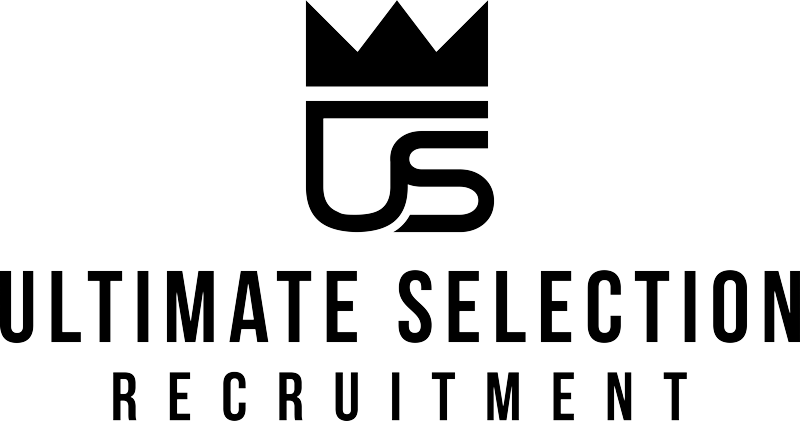
Five hiring pitfalls that will make your team less successful

Hiring the right person for a role is complicated, but also essential. Your employees are the heart of your business, spelling the difference between maximising potential and dwindling behind the competition. This is particularly true when you consider the high costs associated with recruitment, which can start from £10,000 when all costs are considered. In other words, recruiting incorrectly is not only going to slow down your business but also cost you in terms of money, effort and time.
Yet, companies still seem confused when it comes to hiring. While some have a sense of what they’re looking for, often organisations will miss the mark in deciphering which candidate fits that description. This is why we’ve collected some of the most common recruitment pitfalls that you should avoid.
1. Falling for unconscious bias
We’re all reluctant to believe we might be prejudiced. Unfortunately, though, this is an ingrained quality in each and every one of us, whether we’re aware of it or not. “Coming to grips with our unconscious biases is critical to make decisions in an objective, merit-based manner — the key to a thriving business,” the diversity and inclusion experts at EW Group explain.
There are many ways to tackle this — from improving diversity across your organisation on the whole, to changing the way you interview candidates to fit different styles, backgrounds and abilities. If you’re not sure where to start, unconscious bias training can help you find your path and set the tone for a hiring process that revolves around proven excellence, rather than narrow stereotypes, misplaced assumptions and subjective perceptions.
2. Failing to explain the job role accurately
Another element that sets the tone for a subpar process is a confused — and confusing — job description. The first element of a successful description is knowing what you’re looking for. While you always want to put your best foot forward and showcase how amazingly attractive your company and the role are, it’s also important to be realistic about what you expect from your future employees, and not sugarcoat things or mislead potential recruits.
The key here is balance: tell people why it’s great to work for you, but also be specific and clear enough for them to know what the job really entails. It’s also essential to outline the responsibilities and qualities you’re seeking in a candidate, which stems from an understanding of the role as well as the business. Leading job search website Indeed has a fantastic guide that will help you perfect this.
3. Relying on a CV alone
This is one of the biggest mistakes a company can make when it comes to recruitment. The fact is, CVs are an outdated method of assessing candidates. They are chock-full of information that is irrelevant to the job and only adds opportunities for bias to shine through (did anybody say education history?), not to mention the incompleteness of the details that could be somewhat pertinent, such as experience. In other words, resumés provide a partial picture at best and often serve to obfuscate rather than clarify a candidate’s real qualities.
This isn’t to say that CVs are completely pointless — they can sometimes be useful as an initial screening tool that will take out those who are really not fit for the role. However, beyond this preliminary stage, they should be discarded. Some companies use live profile cards, others use personality tests — there are even organisations that opt for games to determine suitability in the selection process! There are so many ways to separate the wheat from the chaff without CVs, you just need to find the one that works for your needs.
4. Preferring experience to cultural fit
Although experience can be significant, especially in highly-skilled, more senior positions, it frequently isn’t the most important element of a successful employee. In reality, if someone is passionate enough about a role, in most cases, they’re likely to be able to figure it out and do it well even if they haven’t done it before. Usually, a better way to predict whether an applicant will be successful is to hire for organisational cultural fit rather than experience.
Make sure your business has a set of values that can be translated into practical factors in a selection process. When it’s time to interview, opt for questions that try to assess the presence of these principles, as opposed to dry queries about professional skills. Test for your candidate’s belief system, work ethic, and style — not as an exercise in finding a clone of the rest of the team, but someone who will really add value and bring different perspectives.
5. Going externally before looking internally
Remember that you already have a pool of candidates that have a proven track record of cultural suitability — your own staff. You could potentially have the next brilliant manager already working in your organisation. So, before opening up the search to external prospective applicants, try to see if any of the managers in your company can recommend someone for the job. Alternatively, send out an email with open positions for individuals to apply to.
It will also reduce costs and time, show your employees that they can progress with their careers inside your organisation, and provide for a more dynamic sense of community in your workplace. It’s a win-win!
